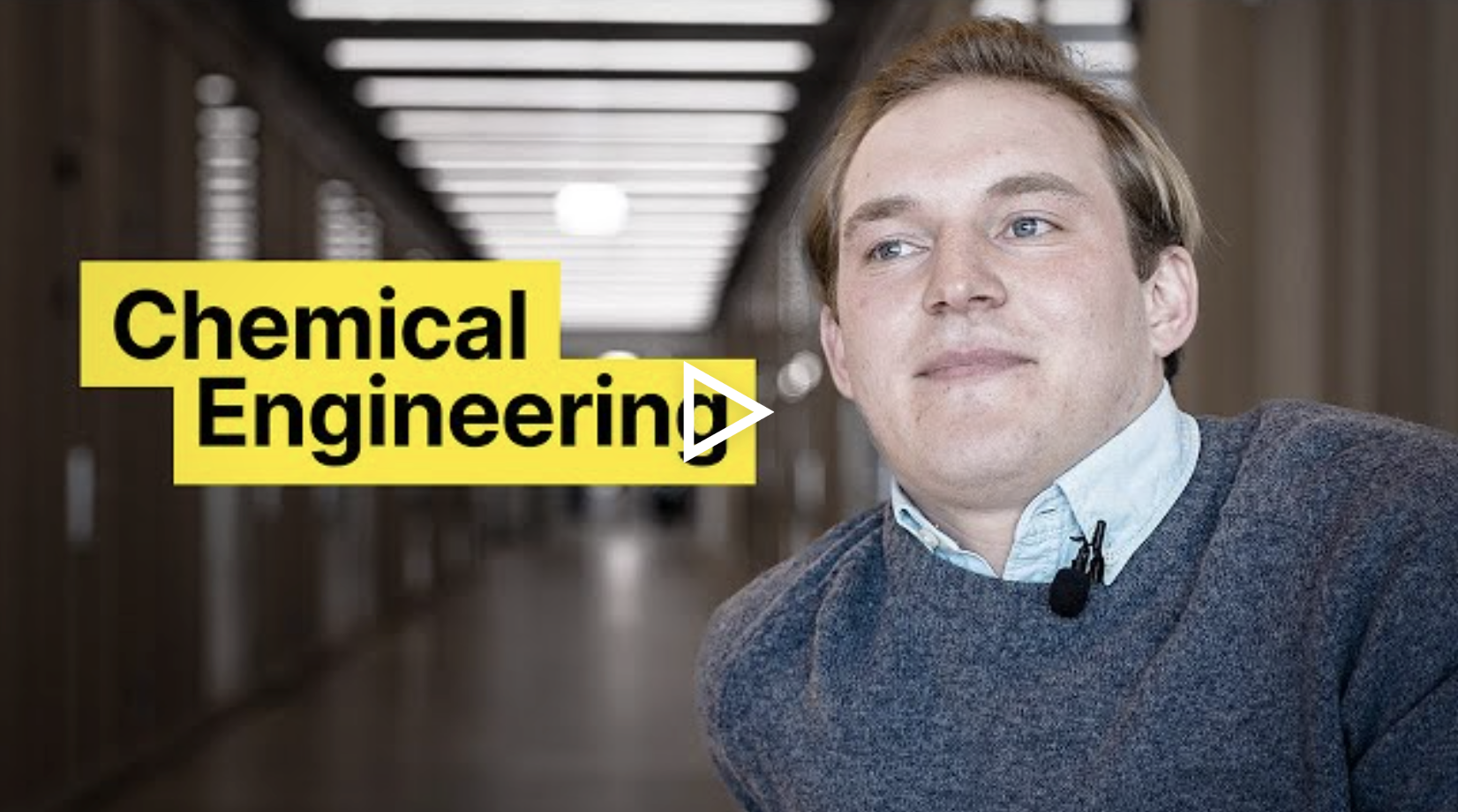MSc in Life Sciences - Chemical Engineering
Hochschule für Life Sciences FHNW
As a chemical engineer, would you like to design sustainable, safe and efficient processes for the future? This Master’s programme at the FHNW School of Life Sciences expands your expertise in a practical way and enables you to develop solutions to climate, health and environmental challenges across a range of disciplines.

- Interdisciplinary and practical: Combine elements of (bio‐)chemistry, pharmaceutical science and environmental technology with state-of-the-art process engineering, safety technology and sustainability.
- Individual study portfolio: Select modules according to your interests – from reaction technology and pharmaceutical production to data analysis and economics.
- Practical thesis: Put your knowledge into practice with an eight-month thesis at an industry partner or in our Process Technology Centre.
- International option: You can complete your MSc thesis abroad or take advantage of the opportunity to earn a double degree at one of our partner universities.
Steckbrief
Zukunftsaussichten
What career opportunities are open to you?
Graduates combine a broad scientific foundation with engineering expertise. You will be able not only to design innovative processes but also implement and operate them. This prepares you for key roles in forward‑thinking industries where demand for sustainable, robust and rapidly implementable processes continues to grow.
Typical areas of employment for graduates are:
- Pharmaceutical and biopharmaceutical companies: Development and quality control of medicines.
- Chemical and process engineering: Planning, optimising and operating sustainable production processes.
- Raw materials and the circular economy: Use of biomass and recycled materials to produce platform chemicals.
- Energy and environmental technology: Development of low-emission and energy-efficient technologies.
- Technology start-ups and innovation centres: Translating scientific findings into marketable products and processes.
- Consulting and engineering offices: Technical and scientific advice on implementing sustainable and future-proof processes.
Aufbau und Inhalte
The programme offers a tailor-made, practical education tailored to the requirements of the chemical, pharmaceutical and process engineering industries.
You will acquire in-depth knowledge in:
- (Bio-)chemistry, pharmaceuticals and environmental technology: Specialisation in scientific and technical principles for the development and evaluation of chemical processes.
- Safety technology and sustainability: Dealing with modern concepts for the safe and sustainable design of industrial processes.
- Process development and optimisation: Methods for modelling, scaling and increasing the efficiency of chemical processes.
- Technological reflection and practical relevance: Dealing with real issues in the area of conflict between feasibility, efficiency and social responsibility – e.g. in project work and special courses.
- Digital tools and real-time data: Use of state-of-the-art simulation and calculation tools as well as the use of innovative measurement technology for data-supported process control.
Elective modules from related fields allow for individual specialisation. These include:
- Biotechnology
- Analytical Chemistry
- Organic and Supramolecular Chemistry
- Environmental Engineering
This range of options allows you to tailor your studies to your interests and professional goals.
Module Groups for the Chemical Engineering specialisation
A total of 50 ECTS credits (i.e. 17 modules each worth 3 ECTS credits) must be earned. Other modules can be selected: Module overview (English)
You can also plan your studies in advance with our MSc Life Sciences planning tool.
Details on the degree programme
Vertiefungen
International
Students can apply to do an additional semester at Linköping University or the University of Chemistry and Technology Prague, and thus obtain a double degree. Independently of the double degree, you may also complete your Master’s thesis abroad to gain international experience.
Further information is available from the International Office or here: Double Degree.
Leitung und Dozierende
Voraussetzungen, Zulassung, Eignungsabklärung
Direct admission requires
If you do not fully meet the requirements, you may be invited to a personal interview.
Proof of sufficient English skills must be provided with one of the following certificates:
If you are unable to provide evidence of the required command of English, you are obliged to improve it during the course of your master’s degree programme. You can either attend the advanced English course offered by the FHNW School of Life Sciences or other suitable language courses. At the end of the programme, proof must be provided that the required level of English has been achieved (see table above).
